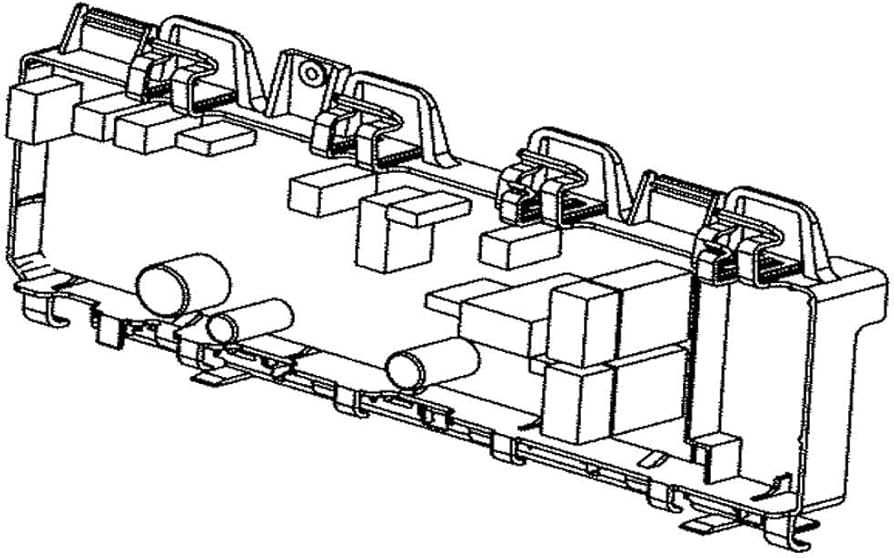
When it comes to maintaining and repairing modern kitchen appliances, understanding their internal structure is essential. Whether you’re dealing with cooling systems, water filtration, or electrical wiring, knowing how everything is organized can help identify potential issues and find the right solutions.
In this guide, we’ll take a closer look at the essential elements that keep a refrigerator functioning smoothly. From the mechanisms that regulate temperature to the features ensuring energy efficiency, having a clear overview of these aspects will aid in troubleshooting and upkeep.
Familiarizing yourself with the inner workings of your refrigerator can also be useful when replacing or upgrading specific sections, ensuring that your appliance continues to run efficiently for years to come. Let’s explore these crucial elements in
Exploring the Main Components of Lg lfx31945st
This refrigerator is a sophisticated appliance designed with advanced elements to ensure optimal performance and convenience. The following section highlights the essential elements that contribute to its overall functionality, offering insight into how each part plays a vital role in delivering efficient cooling and usability.
Key Elements in the Cooling System
- Compressor: This component is responsible for circulating the refrigerant, enabling efficient temperature regulation throughout the unit.
- Condenser Coils: These are used to release heat from the system, maintaining a stable internal temperature by allowing heat exchange.
- Evaporator: Positioned inside
Common Issues with Refrigerator Parts
Refrigerators are essential appliances in every household, but they are not without their challenges. Over time, various components can experience wear and tear, leading to performance issues. Understanding some of the most frequent problems can help in maintaining the efficiency of the unit and ensuring it functions smoothly.
Cooling Problems
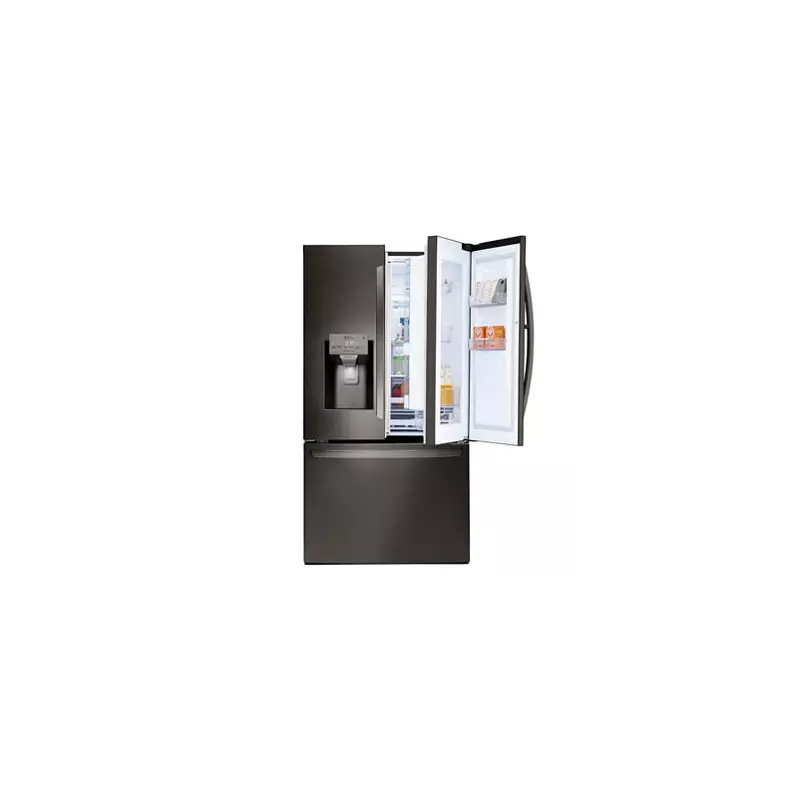
One of the most frequent complaints is the inability to keep food at the proper temperature. This can be caused by malfunctioning elements or blockages in the airflow system. Regular cleaning and timely replacement of key elements can prevent such issues.
Water Leaks
Water pooling around or inside the appliance is another common issue. This could be due to clogged drainage or problems with the unit’s defrosting system. Ensuring that drainage pathways
Where to Find Replacement Components
Locating compatible replacement items for your device is essential to maintain its performance and extend its lifespan. There are several reliable sources where you can search for the necessary components. These sources ensure you get high-quality parts that fit your specific appliance model.
- Manufacturer’s Official Website: Many original manufacturers provide online stores where you can directly purchase authentic spare items, ensuring compatibility and quality.
- Authorized Dealers: Retailers certified by the manufacturer often have a range of compatible options for different appliance models, with customer service to assist you in finding the correct component.
- Online Marketplaces: Platforms such
How to Maintain Your Fridge Effectively
Proper upkeep of your refrigerator is essential for its long-term efficiency and energy savings. Regular care ensures that the appliance functions smoothly and helps prevent unexpected issues. Here, we will explore key practices to keep your fridge running optimally.
Regular Cleaning
One of the most important steps in maintenance is regular cleaning, both inside and outside the refrigerator. Ensure to clean the shelves, drawers, and seals using mild detergent to avoid buildup of food particles or dirt. Also, vacuum the back of the fridge to remove dust from the cooling system for better airflow.
Temperature Settings
Keeping the temperature at the recommended level is crucial for food preservation and energy efficiency.
Understanding the Role of Each Component
Every appliance is made up of several crucial elements, each of which contributes to the overall functioning of the unit. Understanding the function of these elements can help identify potential issues and ensure proper maintenance. By examining the core mechanisms, one can gain a deeper insight into how the appliance operates as a whole.
Key Elements in the System
The cooling mechanism relies on several interconnected systems to regulate temperature. These include the cooling unit, air circulation elements, and control modules. Each part plays a vital role in maintaining a balanced environment, ensuring food stays fresh for longer periods.
Supportive Structures and Connectivity
Beyond the primary systems, supportive structures such as wiring and tubing facilitate the smooth operation of the
Choosing the Right Parts for Repairs
When it comes to maintaining your appliance, selecting the appropriate components is crucial for ensuring optimal performance and longevity. Understanding the various elements and their functions will guide you in making informed decisions that will enhance the efficiency of your unit.
Identifying Quality Components
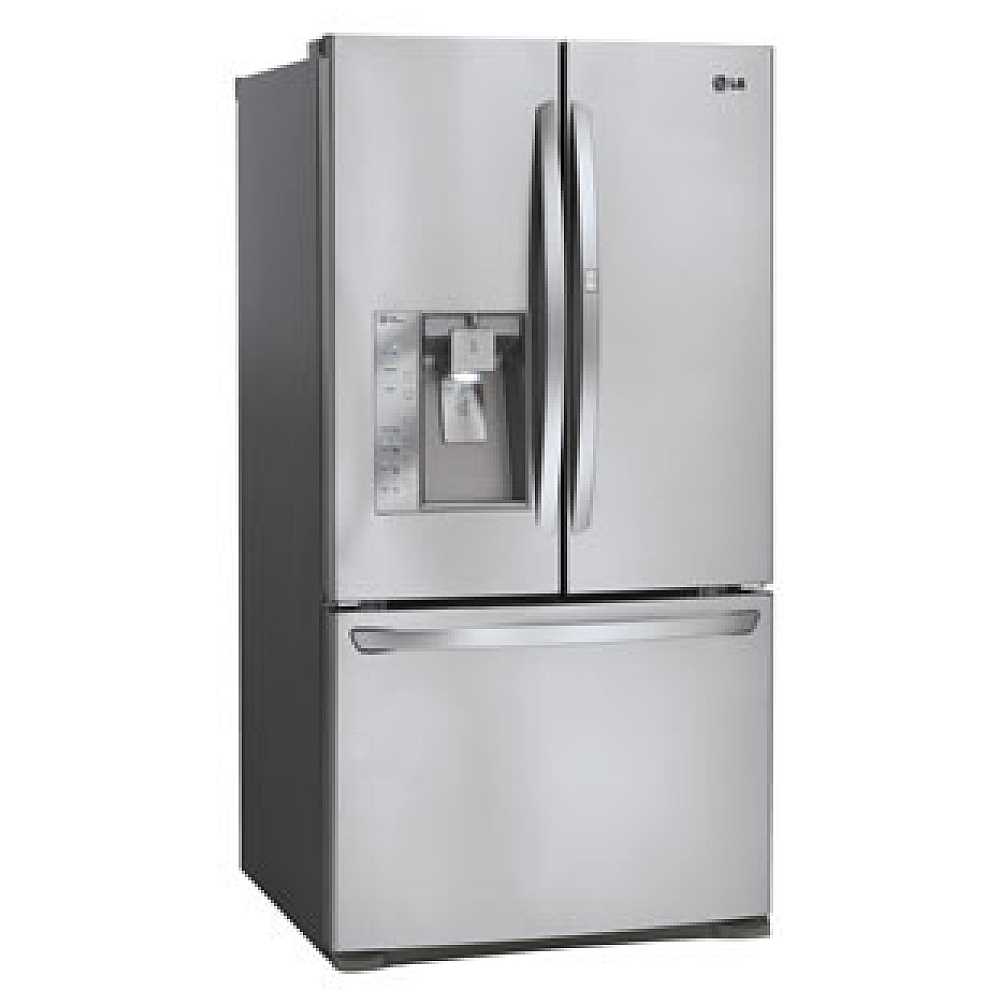
Prioritizing quality over cost is essential in your selection process. High-quality elements not only provide better performance but also contribute to the overall durability of the appliance. Look for reputable brands and suppliers that offer warranties, as this often indicates a commitment to quality and customer satisfaction.
Compatibility Considerations
Before finalizing your choice, ensure that the selected items are compatible with your model. This involves checking specifications and confirming that the features match your appliance’s requirements. Utilizing a reliable source for reference can help avoid mismatches that may lead to performance issues or further complications down the line.
Top Tips for Fridge Troubleshooting
When faced with issues related to your cooling appliance, understanding a few essential strategies can make all the difference. These insights can help identify problems quickly and efficiently, ensuring your device operates smoothly.
1. Regular Maintenance: Keeping your appliance clean is crucial. Periodically check the interior and exterior for any buildup of dust or spills. A clean unit runs more efficiently and helps avoid unnecessary breakdowns.
2. Temperature Settings: Ensure that the temperature controls are set correctly. If your appliance is too warm or too cold, adjusting these settings can often resolve the issue without further complications.
3. Inspect the Seals: The door seals should be airtight. Examine them for any signs of wear or damage, as compromised seals can lead to temperature fluctuations and increased energy consumption.
4. Listen for Unusual Noises: Pay attention to any strange sounds coming from the unit. Noises such as grinding or clicking can indicate underlying issues that may need immediate attention.
5. Allow for Airflow: Ensure that the vents inside the appliance are not blocked by food items. Proper airflow is essential for optimal cooling performance.
6. Check the Power Source: If your appliance isn’t turning on, examine the power cord and outlet. A simple connection issue might be the cause of the malfunction.
By following these helpful tips, you can effectively troubleshoot common issues and maintain the efficiency of your cooling unit.
Step-by-Step Guide to Installing New Parts
Replacing components in your appliance can seem daunting, but with the right approach, it can be a manageable task. This guide will walk you through the necessary steps to successfully install new components, ensuring that your appliance operates efficiently. Follow the instructions carefully, and you will have your device up and running in no time.
Before beginning the installation process, it’s essential to gather all the required tools and components. A checklist can help ensure you don’t miss anything. Below is a table outlining common tools you might need:
Tool Purpose Screwdriver To remove screws securing the covers Wrench For loosening and tightening bolts Replacement Component New item being installed Tape Measure To ensure correct fitting and alignment Flashlight For better visibility in dark areas Once you have gathered everything, start by disconnecting the appliance from the power source to ensure safety. Carefully remove any outer covers to access the internal components. Take your time during this step to avoid damaging any parts.
After gaining access, locate the component that needs to be replaced. It may be helpful to refer to a reference guide for specific installation instructions related to the new component. Follow the outlined steps closely, ensuring that all connections are secure and that the new item is positioned correctly.
After the installation is complete, reattach any covers you removed earlier. Once everything is securely in place, reconnect the appliance to the power source and test its functionality. This final step is crucial to confirm that the new component is working as intended.
Why Genuine Parts Matter for Lg lfx31945st
Using authentic components for your appliance is essential for maintaining its performance and longevity. These original replacements are designed specifically to meet the manufacturer’s standards, ensuring a proper fit and functionality.
When you choose genuine items, you benefit from enhanced reliability and efficiency. Counterfeit or third-party substitutes may compromise the operation of your device, leading to potential malfunctions or even complete breakdowns. Investing in quality components not only protects your appliance but also saves you money in the long run by reducing the need for frequent repairs.
Additionally, using original replacements often comes with the advantage of a warranty, providing peace of mind and further safeguarding your investment. In summary, opting for authentic components is a crucial decision that supports the overall health and efficiency of your appliance.
How to Identify Faulty Components
Determining malfunctioning elements in an appliance can be a straightforward process if approached methodically. By examining specific signs and symptoms, users can pinpoint the areas that require attention. This guide outlines effective strategies to help in recognizing defective parts, ensuring a smoother repair process.
Common Indicators of Malfunction
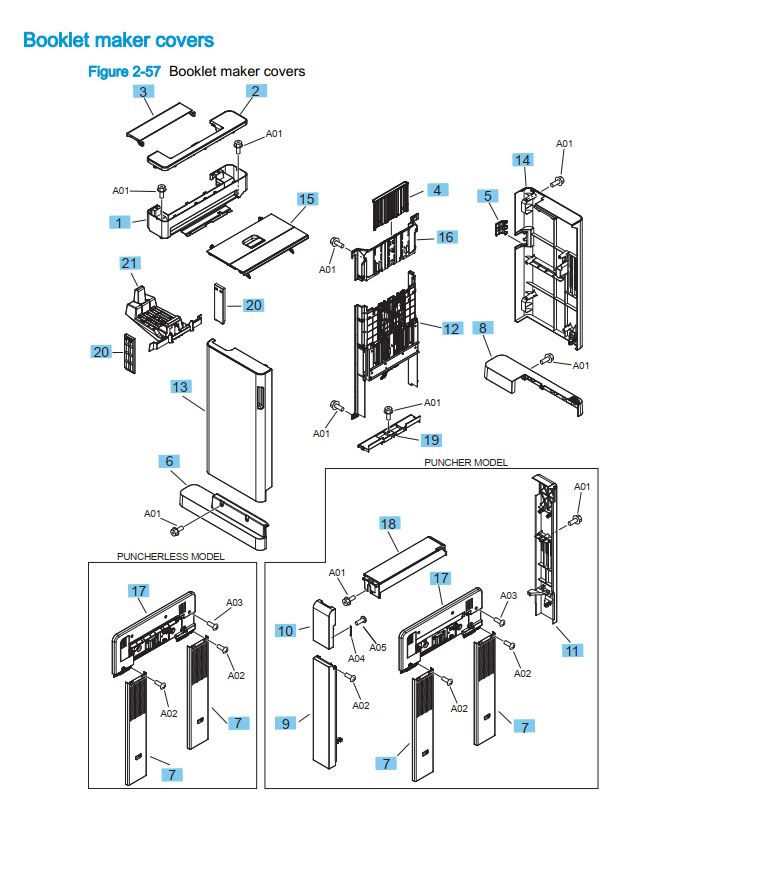
Several warning signs can indicate that a component may not be functioning properly. Paying close attention to these symptoms can lead to quicker diagnostics:
Indicator Description Unusual Noises Sounds such as grinding, rattling, or hissing may suggest internal issues. Inconsistent Performance Irregular functioning, such as fluctuations in temperature or operation, can indicate problems. Visible Damage Cracks, burns, or discoloration on components often signify defects. Error Codes Some models display error codes that can help identify specific faults. Steps to Troubleshoot
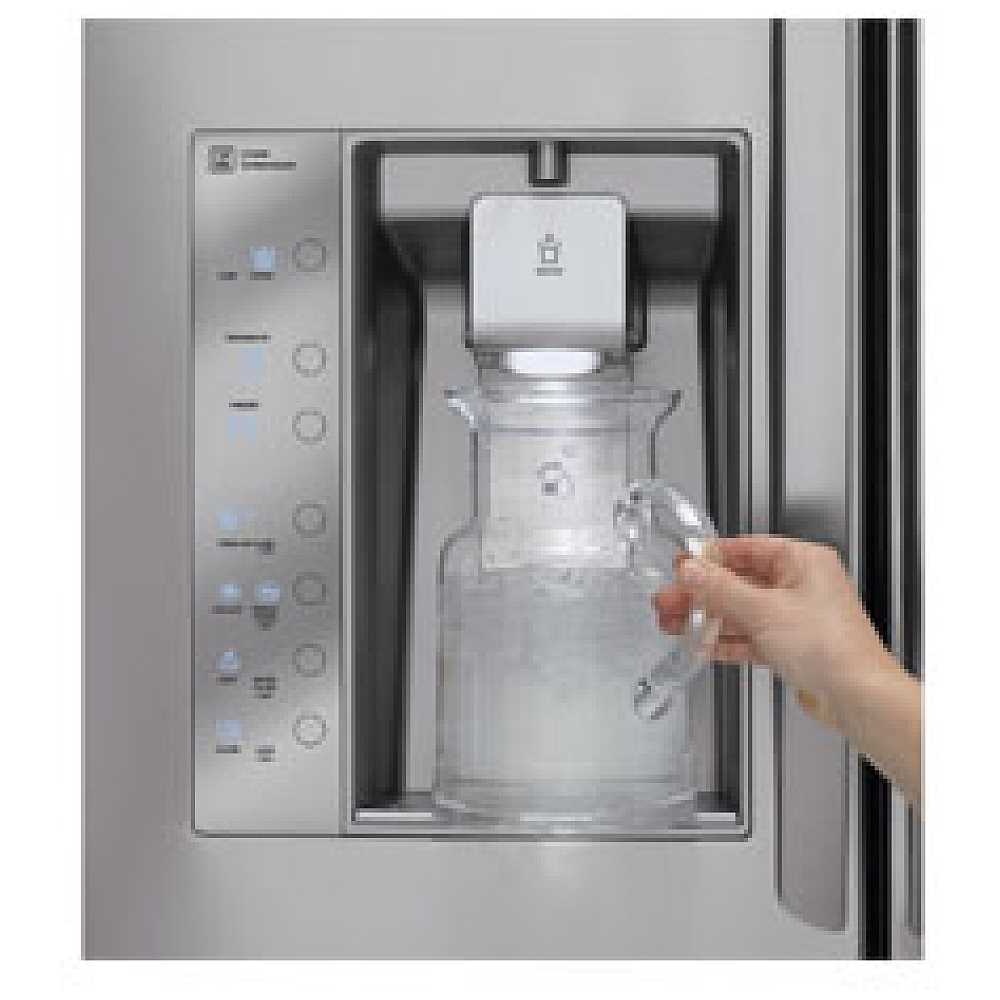
Following a systematic approach can facilitate the identification of faulty elements:
- Review the user manual for troubleshooting tips specific to your appliance.
- Inspect the unit for any visible signs of damage or wear.
- Test the functionality of various components using appropriate tools, such as multimeters.
- Document any unusual findings and consult professional repair services if necessary.
Extending the Life of Your Refrigerator
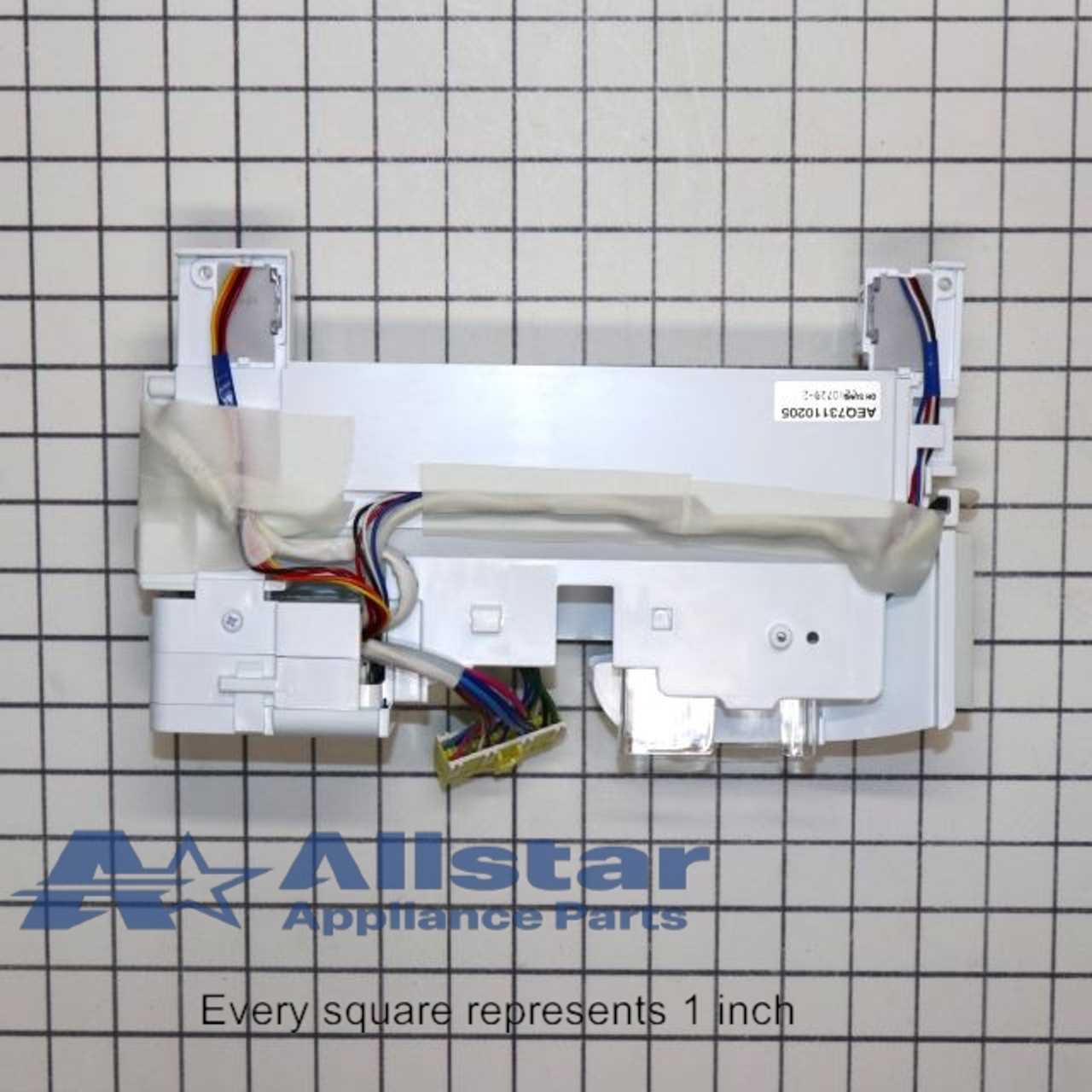
Ensuring the longevity of your cooling appliance is essential for maintaining food freshness and reducing energy costs. By implementing a few simple practices, you can enhance its efficiency and prevent premature wear and tear. Here are several strategies to help you extend the lifespan of your refrigerator.
Regular Maintenance
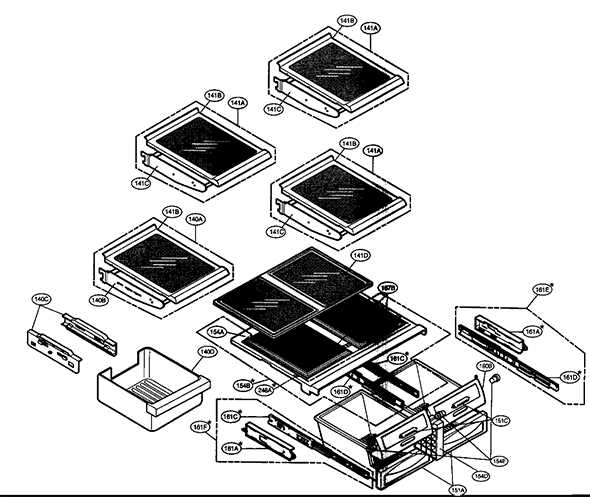
Consistent upkeep is vital for optimal performance. Consider the following maintenance tasks:
- Clean the Coils: Dust and debris can accumulate on the condenser coils, hindering heat dissipation. Clean them at least twice a year.
- Check Door Seals: Inspect the rubber seals on the refrigerator and freezer doors for cracks or gaps. Replace them if necessary to prevent cold air loss.
- Defrost Regularly: If you have a manual defrost model, ensure that ice buildup is kept to a minimum to maintain efficient cooling.
Optimal Temperature Settings
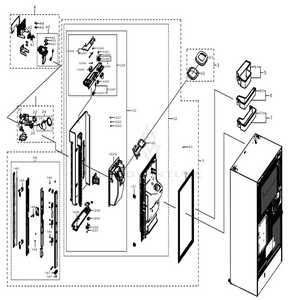
Maintaining the correct temperature can significantly impact the efficiency of your appliance. Follow these guidelines:
- Set the refrigerator temperature between 35°F and 38°F (1.7°C to 3.3°C) for optimal freshness.
- Keep the freezer temperature at 0°F (-18°C) to ensure proper food preservation.
By following these tips, you can enhance the durability and performance of your cooling appliance, ensuring it serves you well for many years.
Benefits of Regular Part Inspections
Regular examinations of appliance components play a crucial role in maintaining optimal performance and longevity. By routinely assessing these elements, users can identify potential issues before they escalate into more significant problems. This proactive approach not only enhances the reliability of the equipment but also contributes to overall efficiency.
Early Detection of Issues: One of the primary advantages of consistent inspections is the early identification of wear and tear. Addressing minor concerns promptly can prevent costly repairs and extend the lifespan of the appliance.
Enhanced Efficiency: Regular evaluations ensure that all components function harmoniously. When each part operates at its best, the appliance runs more efficiently, leading to energy savings and reduced operational costs.
Improved Safety: Inspections help mitigate safety risks associated with malfunctioning parts. By ensuring that everything is in working order, users can avoid hazards that may arise from equipment failure.
Peace of Mind: Knowing that the appliance is in good condition provides users with peace of mind. Regular checks foster confidence in the reliability of the equipment, allowing for uninterrupted use and enjoyment.